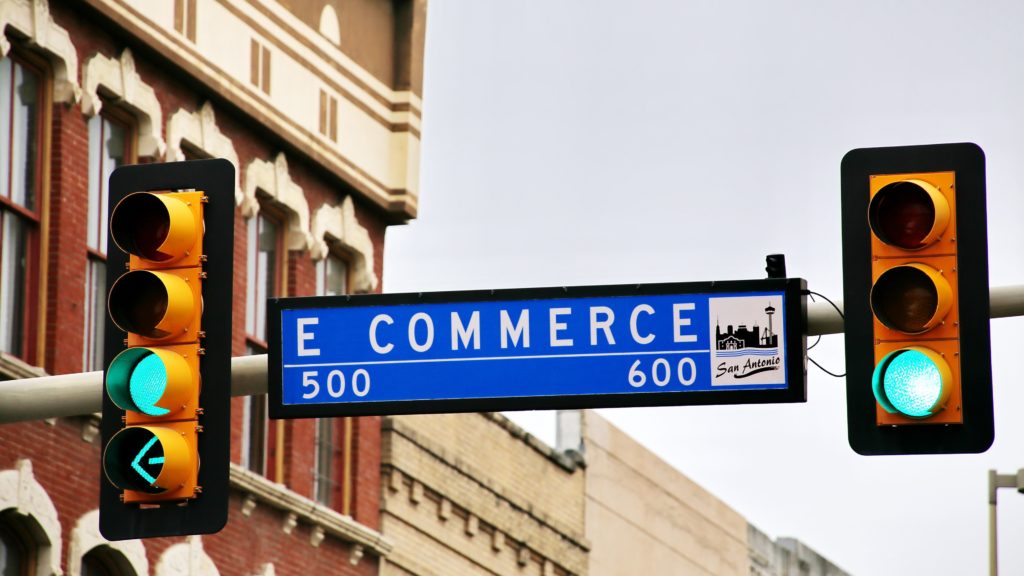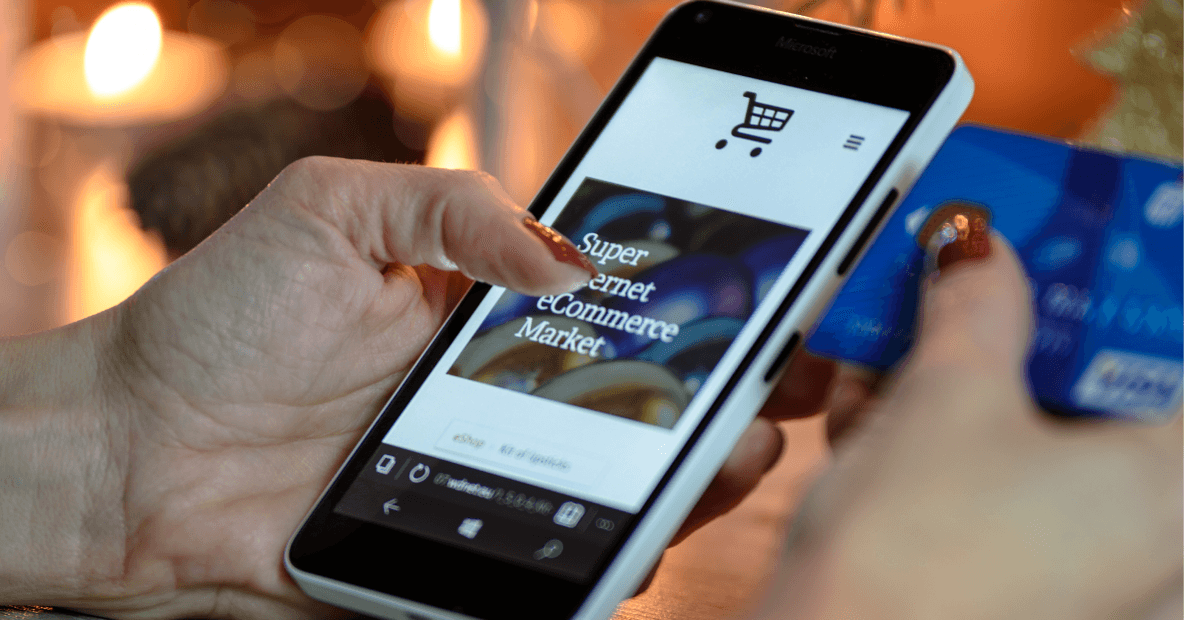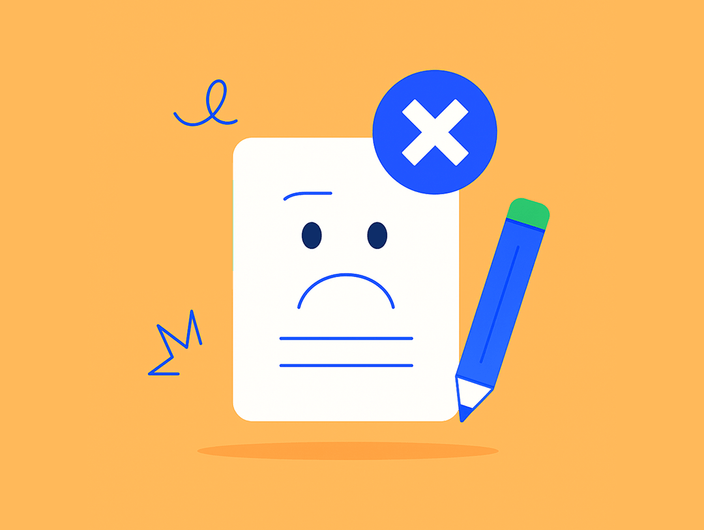Facebook ranks among the digital juggernauts: the online brands that dominate conversation and make quite outrageous amounts of money. This means that the company can afford to frequently purchase companies that are getting attention and fold them into its ecosystem. Just look at what happened with Oculus VR, for instance.
It also means that the social platform itself (the core of the entire operation) is so entrenched in the public consciousness that it’s a reliable focus for business investment. You don’t need to worry about another social platform coming along and soaking up all the attention. For better or worse, if that happened, Facebook would probably just buy it.
This is a good thing for ecommerce sellers looking to promote their companies. If you’re in that position, you probably don’t have a massive budget, so you need to focus your promotional efforts — and Facebook (with billions of active monthly users) is the right platform for you. After all, Facebook rules ecommerce.
In this post, we’ll take a look at six simple ways in which you can use Facebook to grow ecommerce business success. Let’s get started.

Run Facebook Ads
It’s an obvious tactic, but one you can’t afford to omit from your ecommerce marketing strategy. This is largely because Facebook has industry-leading targeting options, allowing you to get extremely granular with the demographics you want your ads to reach. This, along with the relative difficulty of blocking Facebook ads, makes it possible to yield low CPC (cost per click) while getting highly-relevant traffic.
What’s more, you have a reasonable amount of creative flexibility when making Facebook ads. You can focus on imagery, working in as much text as you want (this is a recent change), and even deploy video where you think it’s likely to prove effective — more on that later. You can also manage your ads directly through Kontentino. And if you already have a Facebook storefront for your business, you can sell without needing customers to leave the website.
The key with Facebook Ads is to get the details right. You need to invest enough to get somewhere but not so much that you’re risking the rest of your business. You need to narrow down the location(s) you’re aiming for to omit any places that aren’t hyper-relevant. You need to figure out when your ads should go out, considering time zones and when comparable businesses run their ads. It takes time, but it’s worth it.
Should you deploy other forms of social PPC in an effort to grow ecommerce business activity? It really depends on your budget. If you don’t have the time or resources to commit to more than just one channel, it needs to be Facebook Ads. Google ads feature much less creativity, Twitter ads don’t have comparable targeting, and Snapchat lacks the broad appeal of Facebook. If you have plenty to invest, though, you can always try running some additional campaigns and discontinue them swiftly if they don’t produce results.
Create Facebook Ads in Kontentino
Sign up for a 14-day trial of Kontentino, start creating your Facebook Ads directly in the Calendar, and collaborate with your team on Ads creation.
no credit card required
Share valuable content
The more you can do to establish your industry expertise, the more people will be willing to pay attention to your product suggestions and believe in the quality of what you sell. Facebook is a great platform for sharing free moderate-length content covering topics that your prospective customers are likely to be interested in. A well-timed guide about Christmas gifts, for instance, could bolster your brand and win you some new purchases.
You can also use Facebook to offer samples of paid content, something that more and more brands are offering in efforts to expand their revenue streams. There are countless online sites (Learning Revolution for example) that are dedicated to hosting and distributing e-learning courses, and if you could create such a course — a product-selection course aimed at new merchants, for instance — then it would make a fine addition to your Facebook content strategy.
The more video content you can produce (we’ll cover this next), the more shares you can yield. Think about everything from simple course introductions to talking-head video product guides: videos are also great for covering lengthy topics because people can play them while they do other things, listening (and watching) sporadically. There’s a good chance you’ve used YouTube channels in this way before, so take advantage.

Focus on video production
Video content is massive on Facebook, with users sharing and commenting on documentaries, comedy skits, news announcements, and so many other video types. If you want to promote ecommerce on Facebook, you need to draw upon this popularity by producing videos of your own — however intimidating you may find that idea.
Look at what your target audience likes to watch on Facebook, and shape your strategy accordingly. Do your prospective customers share feel-good stories? If so, you could create some video accounts of your happiest customers, or talk about charitable efforts your brand has been involved in. Do they share new product details? Produce product announcement videos they can share to spread their passion for your industry niche.
Remember that you have two options: using videos for Facebook PPC ads, and simply sharing videos via your business page. Either way, you should have a landing page for every video, having a clear action that someone can take if they find the video compelling. And keep in mind the golden rule for any type of video content: don’t be boring. Inject personality wherever you can to set your brand apart and keep people watching. If you bore them, you’ll lose them. Facebook rules ecommerce only through its ability to keep its users hooked.
Engage with customers
Social media isn’t only about spreading your messages. The fundamental purpose is one of interaction, and the development of your brand reputation will be heavily influenced by how well you engage with your customers. You’ll also need to engage with prospective customers, of course, but it’s how you deal with existing customers that will set the stage — not to mention determine how widely they talk about your business.
If someone is leaving glowing remarks about you on Facebook, you need to hear about this and take action to thank them. This will show that you’re paying attention, and establish your appreciation for your supporters. And if someone is telling anyone who’ll listen that your company is terrible, you need to step in to address their complaints and mitigate the damage. Take preventive measures by having FAQ’s that address common problems and service hotlines customers can call in case there are issues. But if unsatisfied customers or random haters persist, handle them proactively and diplomaticallySimply ignoring it won’t help. You’ll only give the impression that you don’t care.
If groups naturally pop up to discuss your business, you should get involved — not trying to take over, but simply ensuring that your brand is represented. You should also use customer engagement to prompt the production of social proof in the form of formal testimonials and reviews you can include on your website and promote elsewhere. Having average review scores over 4 stars is vitally important, but it won’t just happen automatically if you deserve it.
You can offer people incentives to leave reviews. Most easily, you can provide product discounts or store coupons: leave a verified high-quality review and get 10% off your next purchase, for instance. But keep in mind that it isn’t always necessary. In many cases, it’s enough simply to ask politely for a review. Customers often don’t leave reviews because they’re never asked to. Don’t make that mistake — or the mistake of removing all negative reviews. Having some bad feedback on display will make your positive feedback seem much more believable.
Try Kontentino for free
Sign up for a 14-day trial of Kontentino and start preparing and sharing your social media content the smart and simple way.
No credit card required!
Run online competitions
There are few things more attention-grabbing than online competitions. After all, they’re so easy to enter. The typical Facebook competition will require nothing more than a single page like, or perhaps a message mentioning the brand, and both can be done in seconds. If the mentioned reward is even halfway appealing, you’ll have plenty of entries in no time. This is one of various reasons why ecommerce on Facebook leans so heavily on competitions.
Why not start by offering one of your best-reviewed products as a prize? Your ecommerce marketing strategy should feature such a gem picked out and ready to go. If it’s fairly expensive, you could add a point to the terms of the competition that the winner will be required to provide some feedback about it (extra social proof would improve the ROI).
Is there a chance that they’d give it a bad review? It’s possible — but then if your product isn’t truly impressive, you shouldn’t be offering it as an incentive for a competition. You’re never going to grow ecommerce business appreciably if your products aren’t actually worth buying. In the event that you encounter that roadblock, you need to go back to the drawing board.
Lean on hybrid marketing
If you’re not familiar with hybrid marketing, here’s the simple breakdown: it’s all about combining online and offline marketing operations to yield improved results. You can also look at it as bringing new and old techniques together to outreach and outperform the competition. Hybrid marketers can, for instance, run digital banners and conventional banners in tandem.
More often than not, talk of hybrid marketing for ecommerce concerns the use of pop-up shops. These are temporary physical setups through which online stores can promote and sell their products — and while this isn’t the ideal time to be using them, they’re still viable, particularly when supported by social media (with Facebook being the perfect choice). Ecommerce on Facebook can use the location information of user profiles for more than just PPC ads, after all.
After running hybrid marketing events, you can of course use the rich digital analytics of Facebook to assess their success. This comes down to using Facebook links for website referrals, encouraging pop-up shop visitors to visit your Facebook page, and tracking all mentions of relevant terms. Make Facebook the foundation of your hybrid marketing strategy and you’ll find it vastly easier to take advantage of this rich promotional avenue.
Facebook isn’t just a place for passing time playing games and having arguments about trivial matters. It’s a hotbed for activity of all kinds, and has a huge amount to offer in the business world. Ecommerce on Facebook is growing and by making Facebook the cornerstone of your ecommerce marketing strategy, you can position yourself to reap fantastic results in a highly cost-effective way.




